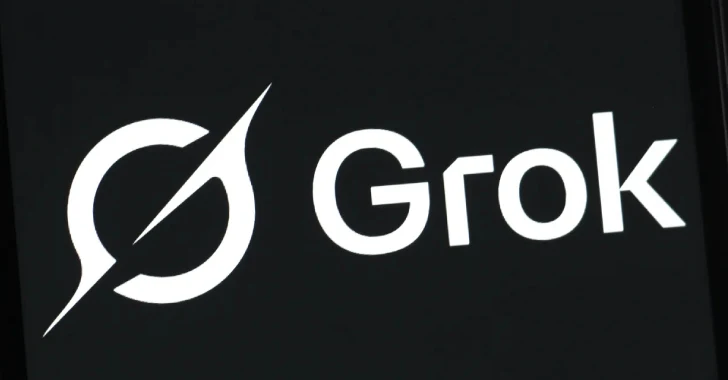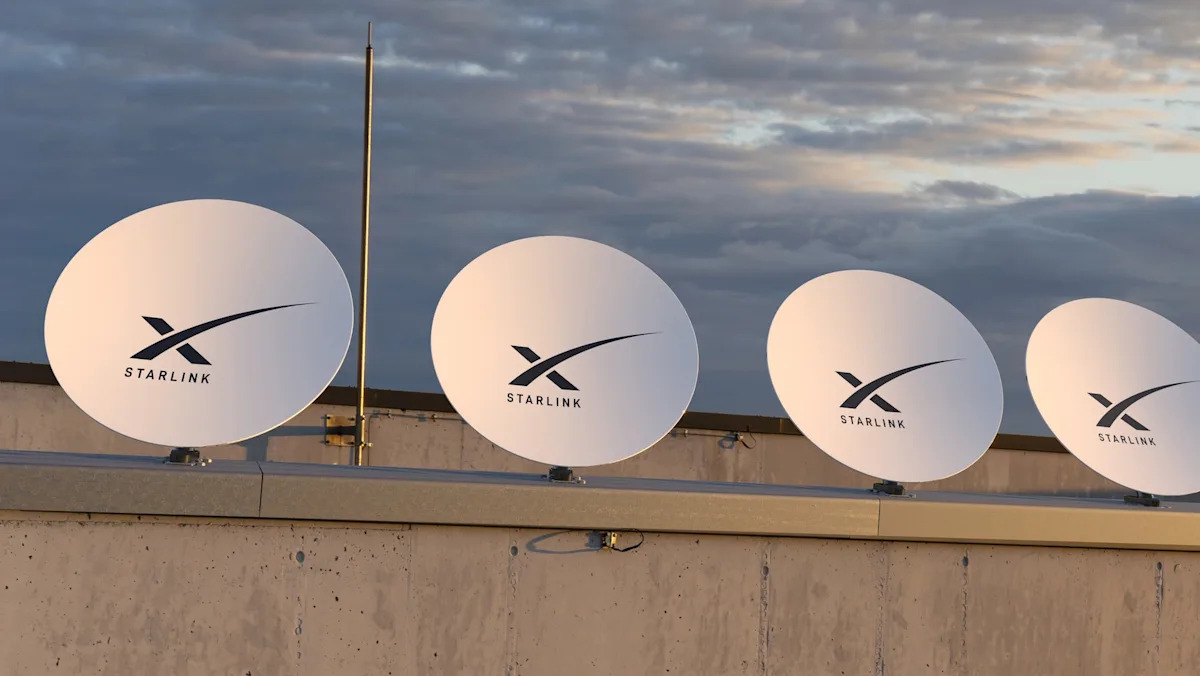A left-wing opposition party in Greece sharply criticized the government on Tuesday over the sale of the country’s main defense vehicle manufacturer to Israel’s SK Group, describing the move as a betrayal of national security and a dangerous alignment with Israel’s policies.
The New Left party issued a blistering statement after the Israeli holding company announced it had completed a full takeover of ELVO (Hellenic Vehicle Industry), based in Thessaloniki. The party accused Prime Minister Kyriakos Mitsotakis’s government of “complicity” in what it called the genocide of Palestinians, saying the sale ties Greece “to Israel’s chariot” at a time of war in Gaza.
“This is not a simple sellout, but another act of complicity by the Mitsotakis regime with the genocide in Palestine,” the party said. “The loss of the most important Greek defense industry to foreign hands undermines the country’s national security and technological self-sufficiency.”
ELVO has long been regarded as a cornerstone of Greece’s defense industry. For nearly five decades, it has produced buses, heavy utility trucks, military jeeps, armored vehicles, and tanks—largely under license—for the Greek Armed Forces. The company has been central not only to national defense but also to maintaining a skilled industrial workforce in northern Greece.
Read Also: France Presses Mali After Arrest Of Embassy Staffer
The sale has been years in the making. In 2020, an Israeli-led consortium—consisting of Plasan Sasa, Naska Industries, SK Group, and Greek businessman Aristidis Glinis—finalized a deal to acquire ELVO for about $3.4 million. The agreement gave the consortium a controlling stake, with promises of investment in modernization. On Tuesday, SK Group announced it had completed a 100 percent takeover of the company.
The Mitsotakis government has framed the sale as a pragmatic step to secure foreign investment and to ensure ELVO’s survival after years of financial decline. But critics argue the deal represents a broader pattern of privatization that has stripped Greece of strategic industries, leaving essential infrastructure vulnerable to foreign interests.
For the New Left, the issue is not only economic but geopolitical. The party claims the transaction locks Greece more tightly into Israel’s orbit at a volatile moment in the Middle East, while also weakening the country’s autonomy in defense production.
Whether the sale ultimately strengthens ELVO through fresh capital and technology, or erodes Greece’s self-reliance, remains to be seen. For now, the takeover has laid bare stark political divisions in Athens over how the country should balance its economic needs, strategic independence, and foreign alliances.










